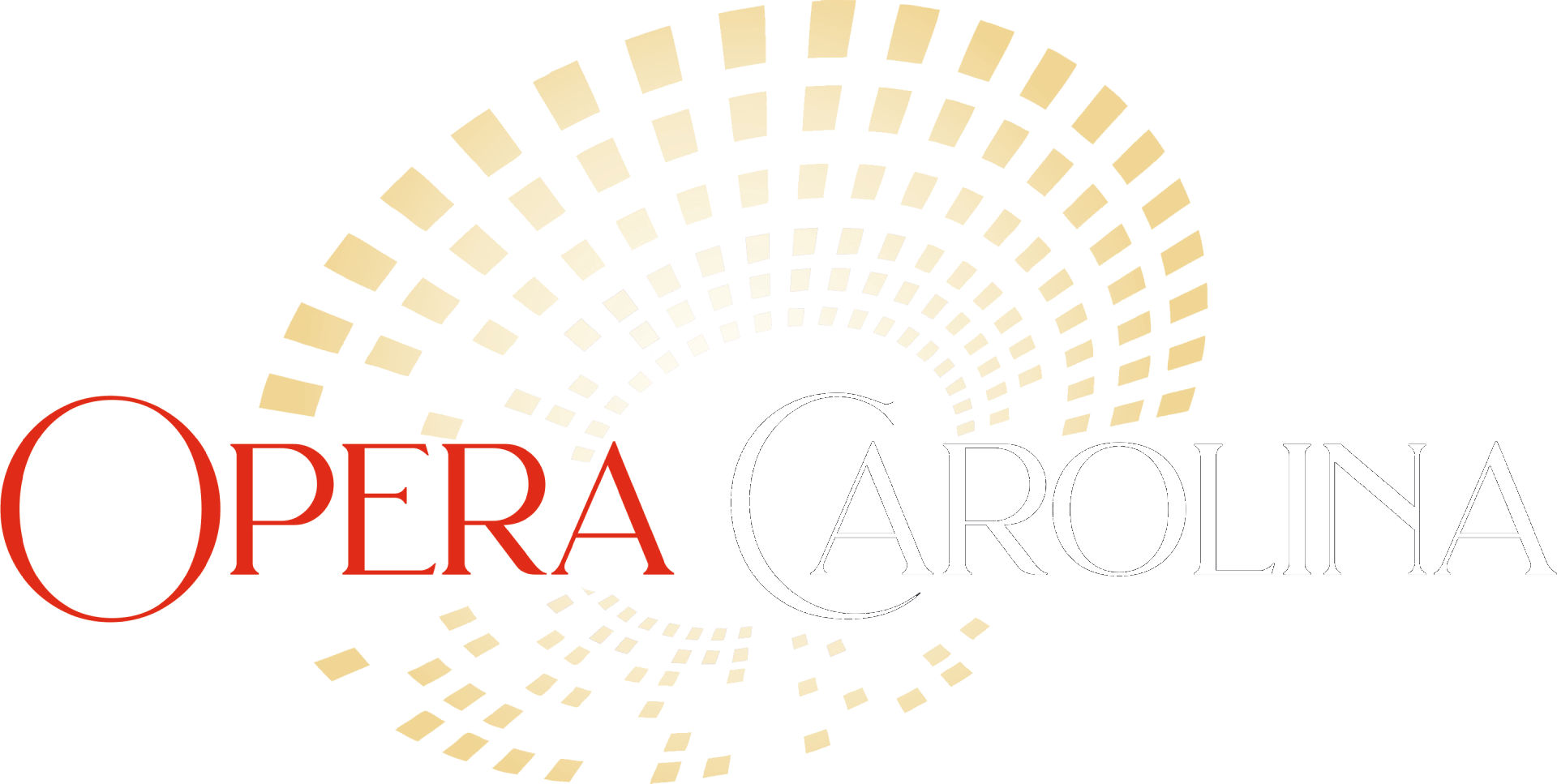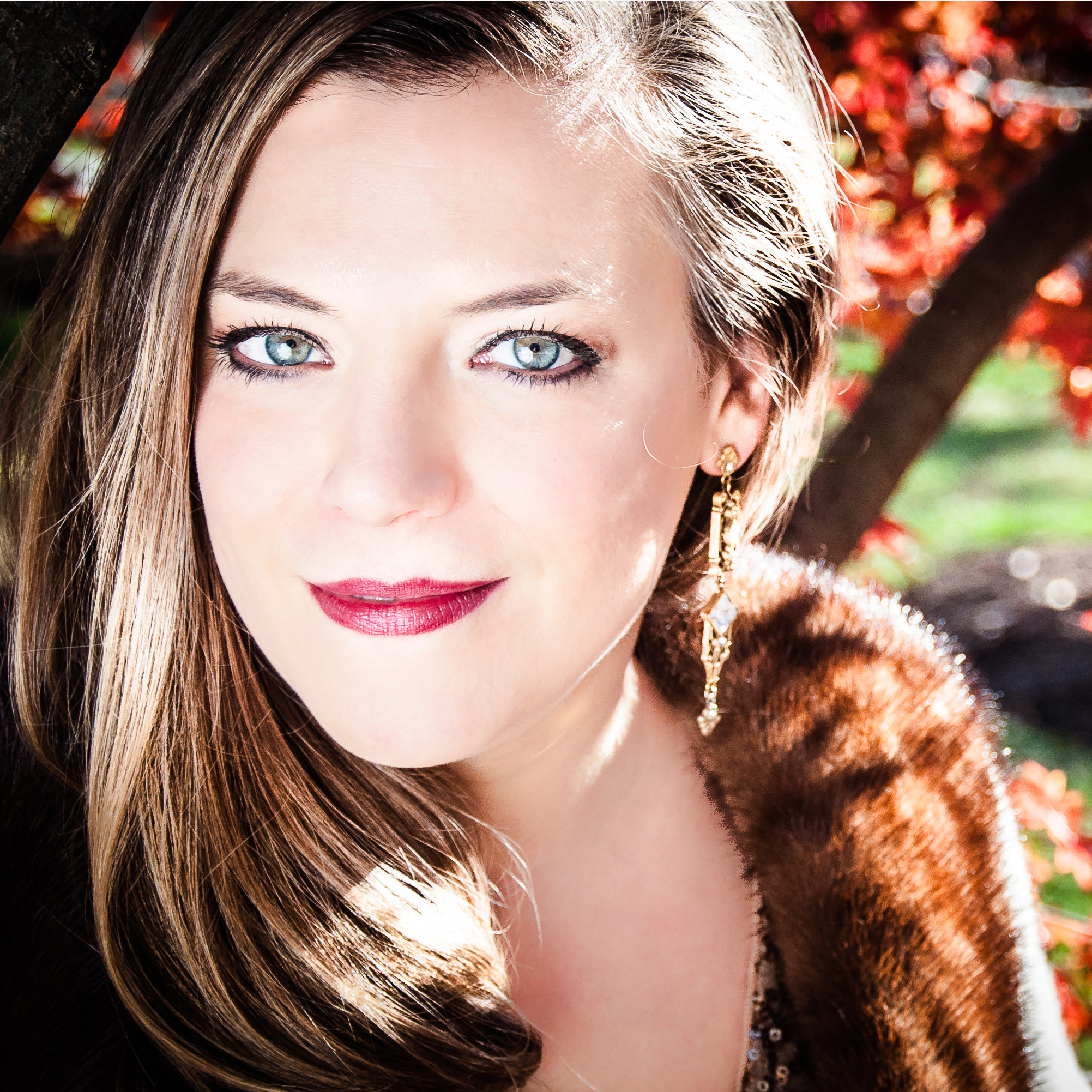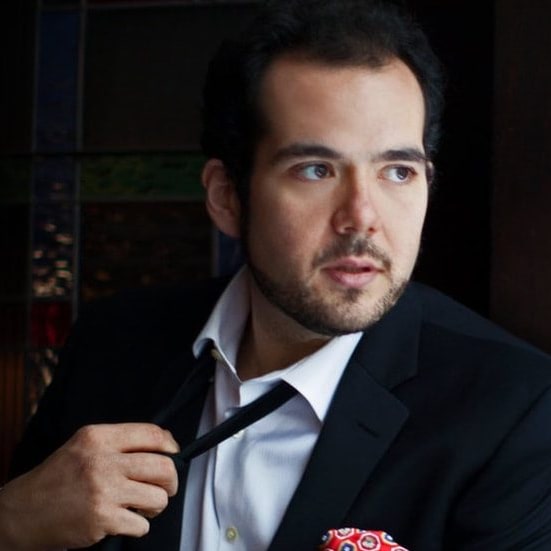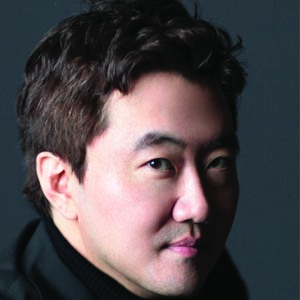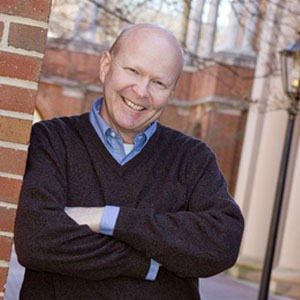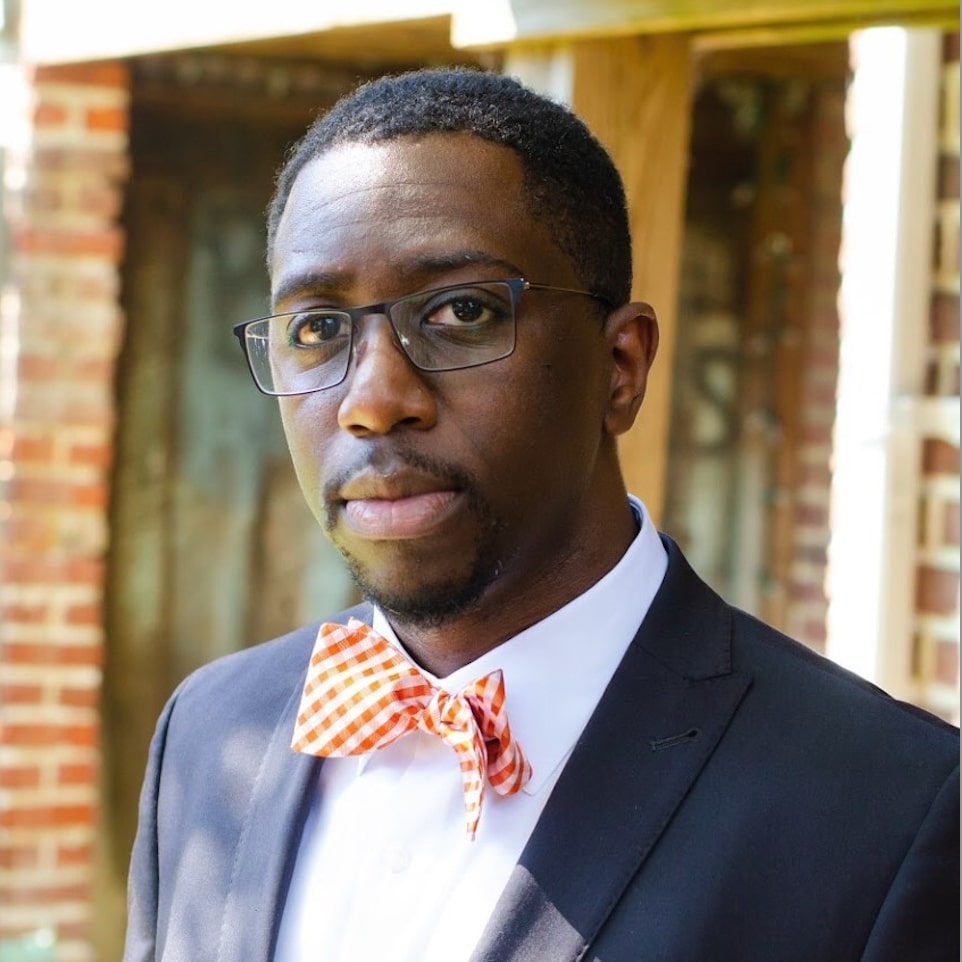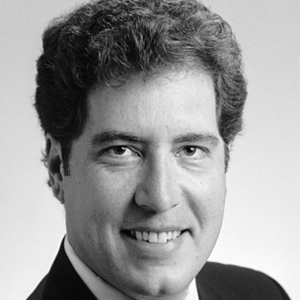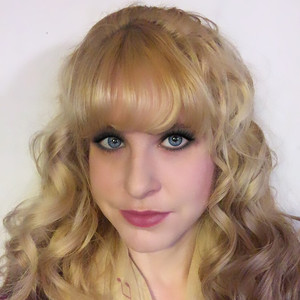Meet the Composer
Giuseppe Verdi (1813-1901)
Born in Busse to to Carlo Guiseppe Verdi, an innkeeper, Verdi attended the local Jesuit school where he was first introduced to music. His great benefactor, Antonio Barezzi, recognized the boy’s exceptional musical talent. By the age of 10, Verdi was the assistant organist at his local church; at the age of 13, Verdi was already an assistant conductor of the Busse to Orchestra. As a young man, he moved to Milan but was not accepted in the conservatory that today bears his name, because he exceeded the age limit and his skills as a pianist were deemed to be provincial. Instead, he took private lessons from Vincenzo Lavigna, the harpsichordist at the Scala Theater. In 1837, he composed his first opera, Oberto, which enjoyed moderate success. It was with Nabucco (1842), however, that Verdi became a legend.
Between 1850 and 1853, Giuseppe Verdi would compose his three most famous and beloved operas — Rigoletto, Il Trovatore, and La Traviata. Of his twenty-seven operas, these three form the core of his middle period of composition, and fully express his musical and dramatic power. Only a few weeks separate the premieres of Il Trovatore in Rome and La Traviata in Venice. Indeed, sections of La Traviata were written on the train between Rome, Venice, and Verdi’s villa at Sant’Agata.
La Traviata is based on the play La Dame aux camelias by Alexander Dumas, the son of the famous author of The Three Musketeers. Best known to Classic Movie buffs as Camille, the play was first performed in Paris in 1852 and Verdi saw a performance. The basis of La Dame aux camelias lies in fact–a true liaison between the author Dumas and the beautiful Parisian courtesan Marie Duplessis, who he lived with during the summer of 1845.
None of Verdi’s operas before La Traviata dealt with a contemporary setting–from Nabucco to Il Trovatore, the settings were historic or mythical, the characters representations of human emotions, but never actual living people. La Traviata is set in what would have been contemporary times, i.e., Paris in the 1850’s, and its subject, which deals with an illicit love affair by a young man from the provinces with a provocative kept woman, includes scenes showing the rich and powerful being involved with the demi-monde, the world of courtesans, gambling, and extravagance of Paris at that time–taboo subjects that were scandalous.
On opening night, the Venetian public saw characters dressed as they would have dressed, in circumstances dealing with women of loose virtue, familial conflict and the most dreaded of contemporary illnesses, tuberculosis. Add to this the fact that soprano Fanny Salvini-Donatelli, the first Violetta, was a stout woman portraying a beautiful, frail and vulnerable courtesan, and you have the makings of a disaster–and a disaster it was. The day after the March 6 premiere, Verdi wrote to his assistant, “Emanuele: Traviata last night–a fiasco. Was it my fault or the singers? Time will tell.” Time has indeed judged that La traviata is one of Verdi’s greatest works, the third of this famous triumverate of operas from this extraordinarily creative period in his long and productive life.
By the age of 49, Verdi had been elected deputy to the first Italian parliament and, at Cavour’s request, composed a national hymn to promote feelings of solidarity within the new nation. With the death of Rossini in 1868,Verdi composed his magnificent Requiem Mass. Ever wavering between retirement and the seduction of a new project, Verdi composed Aida in 1871, intended to be Egypt’s national opera.With its premiere in Cairo, the opera became an immediate success and has remained one of Verdi’s greatest artistic achievements. His final works, Otello and Falstaff, are the crowning achievements of the illustrious career of one of music’s greatest composers
Meet the Cast
Production
James Meena
CONDUCTOR
Sam Mungo
DIRECTOR
Michael Baumgarten
LIGHTING AND PROJECTION DESEIGNER
Emily Jarrell Urbanek
DIRECTOR OF MUSIC PREPARATION
Martha Ruskai
WIG AND MAKEUP DESIGNER
Valerie Wheeler
PRODUCTION STAGE MANAGER
Ease into Opera with the Student Night Experience
Student Night at the Opera is an unforgettable outing for K-12 students, families and traditional school and homeschool groups. With low cost tickets, some of the best seats in the Belk Theater, and timeless tales set to incredible music, Student Night is the perfect cultural experience for the Charlotte region’s youth!
EXCLUSIVE STUDENT NIGHT FEATURES:
- Pre-Opera performances by local students
- Q&A with cast members at intermission
- English supertitles above the stage
- Youth Guides to help you make the most of your evening
- Great prices, great seats, and of course – great music!
How Do I Get Tickets?
- Visit CarolinaTix and search for Opera Carolina events
- Call 704.372.1000
- For group ticket inquiries, contact Ashley Lam at 704.332.7177 x109
College Student?
Check out our Student Rush tickets!
Want to Experience More?
Download our educational guide
